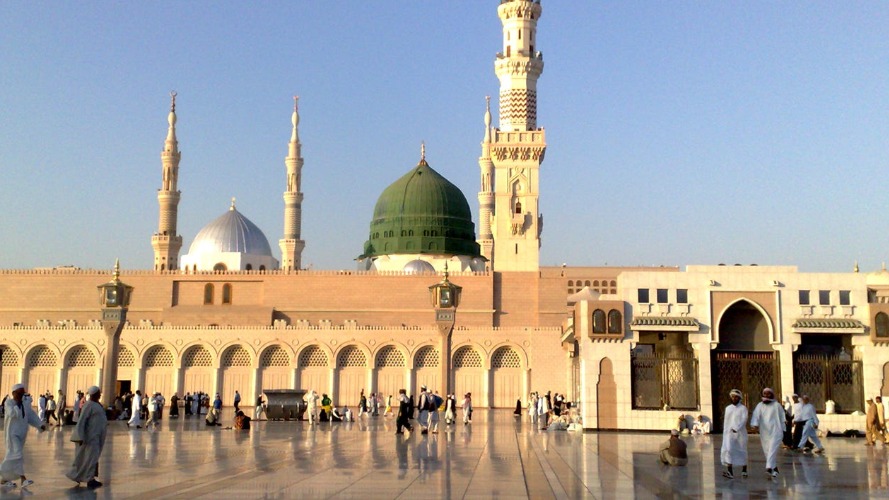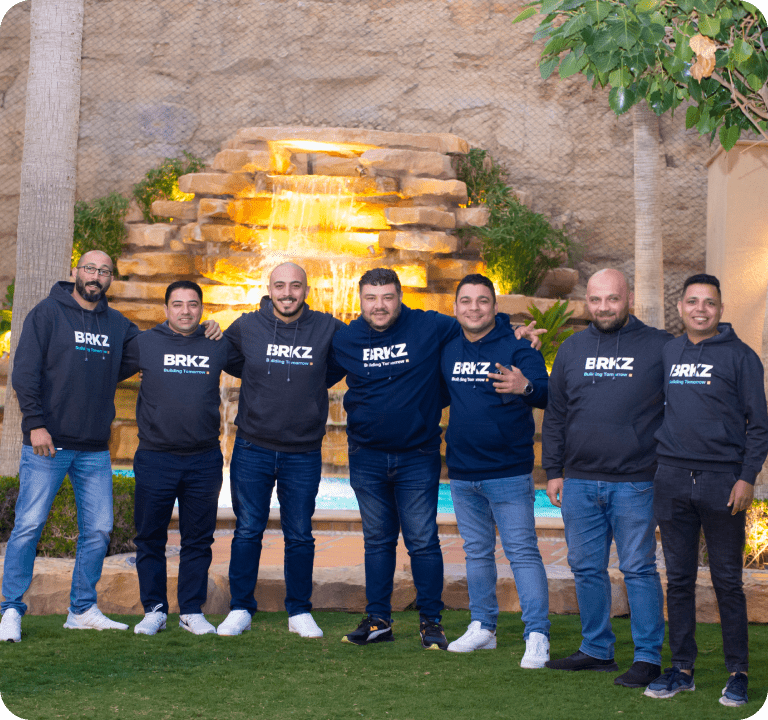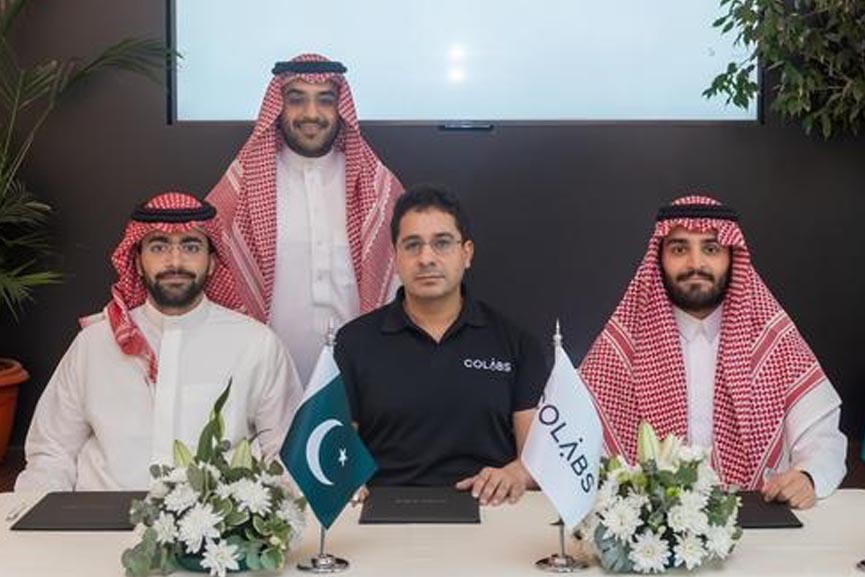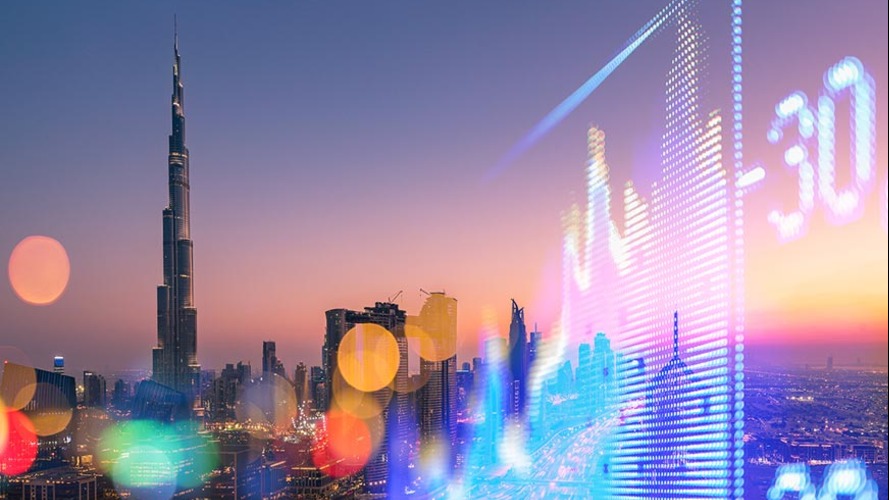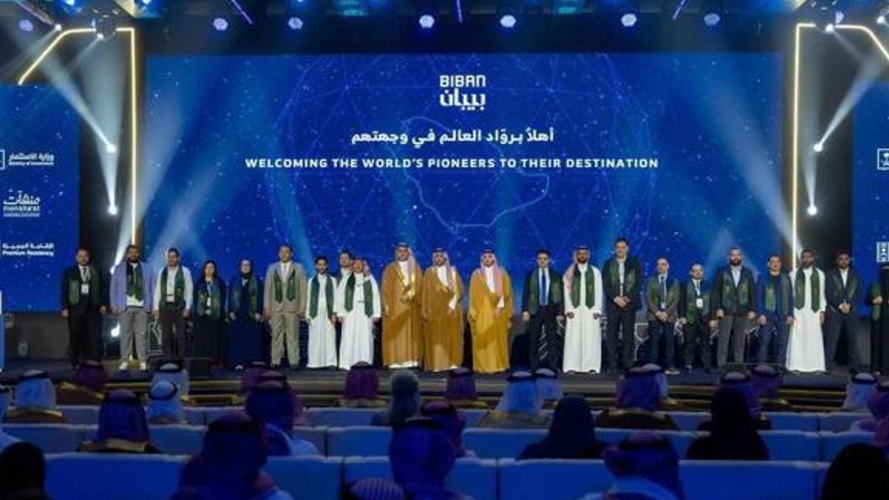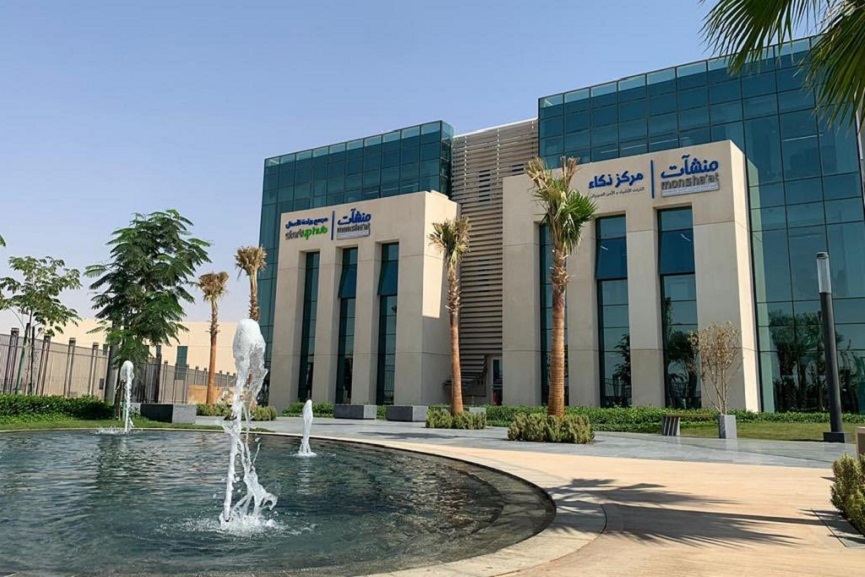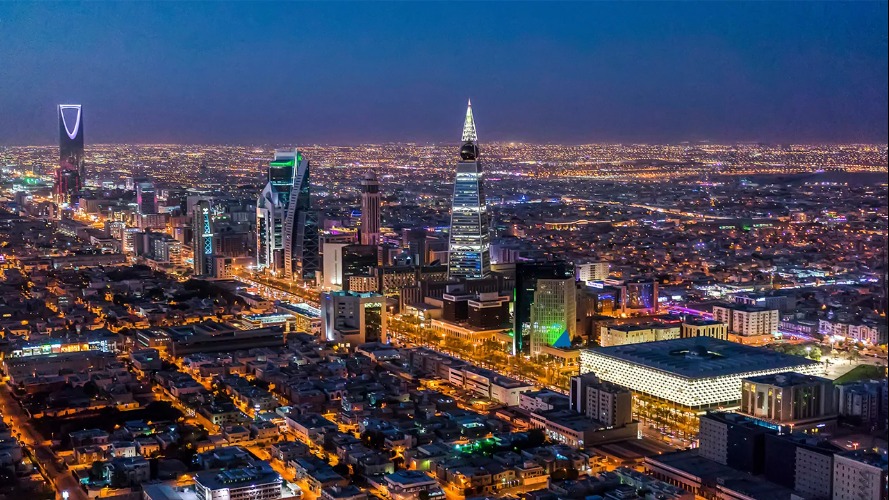Madinah’s startup scene is taking shape through KEC, new venture funds, and local founders driving Saudi Arabia’s Vision 2030 innovation goals.
Madinah’s entrepreneurial landscape is quietly reshaping itself. Once known primarily for its spiritual and historical importance, the city is now emerging as one of Saudi Arabia’s most promising innovation centres. Anchored by the Knowledge Economic City (KEC) and a growing network of accelerators, venture funds, and co-working facilities, Madinah is positioning itself as a key player in the country’s broader Vision 2030 transformation.
The Knowledge Economic City, launched in 2006 as part of Saudi Arabia’s plan to establish six economic cities, was designed to attract knowledge-based industries and nurture talent. Over the past few years, the project has taken on a renewed role as a foundation for Madinah’s tech ecosystem, offering infrastructure for startups and investors seeking an environment that combines innovation with cultural authenticity.
Momentum has grown through new initiatives bringing capital and mentorship into the city. The Al Madinah Ventures programme, a US $10 million investment fund announced in late 2024, is dedicated to nurturing early-stage startups and attracting investors to the region. Complementing this effort is the Madinah Venture Studio in partnership with DeepMinds, focusing on deep tech, artificial intelligence, health tech, and sustainability-driven projects. Meanwhile, the Madinah Tech accelerator and sandbox is inviting innovators to create solutions tailored to the city’s unique environment and scale.
Supporting infrastructure has been expanding in parallel. Co-working spaces, incubators, and service offices are emerging to facilitate founders on the ground. Spaces like Alluqmani Business Center in Al Fath district offer flexible desks and connectivity for startups and freelancers. Abu Ouf Plaza Center has become a hub for entrepreneurs and remote teams, while Ebram Al-Aamal — one of the region’s first licensed incubators — provides workspace and mentoring to early founders. These facilities are helping form a physical network where ideas, investors, and developers can meet in a city long associated with tradition rather than technology.
Several startups with roots in Madinah have begun to gain national visibility. The edtech platform Faheem, founded by Salem Al-Ghanem and Ibrahim Baatiah, connects students and tutors and is planning regional expansion. The wellness and mental-health platform Labayh was founded by Basim Albeladi, who also established one of Madinah’s first co-working hubs to support early founders. These examples show that the city’s entrepreneurial output is no longer confined to regional scale, and local founders are beginning to become icons of the city’s startup movement.
Madinah’s emerging ecosystem benefits from several structural strengths. The city’s universities and training institutes are producing technically skilled graduates, while its large youth population brings fresh ambition to the local economy. The municipality’s decision to introduce a regulatory sandbox and urban accelerator enables startups to test solutions related to mobility, tourism, and sustainability in real-world settings. These developments mirror the national strategy to empower secondary cities and diversify Saudi Arabia’s innovation map.
Challenges remain. Access to large-scale venture funding and mature private-equity pipelines is still limited compared with Riyadh or Jeddah. The ecosystem also needs a stronger record of successful exits and acquisitions to build investor confidence. According to research by MIT REAP, entrepreneurial participation among young people in Madinah remains below national averages, suggesting that mentorship and visibility are just as crucial as financing in sustaining long-term growth.
Even with these hurdles, Madinah’s evolution represents an important signal for Saudi Arabia’s economic diversification. The combination of KEC’s physical infrastructure, the new venture funds, and home-grown startups is transforming the city’s economic identity. If the trajectory continues, Madinah could emerge as a model for how faith, culture, and innovation can coexist within the framework of Vision 2030.
The holy city’s transformation into a knowledge hub also carries a wider message for the Kingdom’s innovation agenda. Saudi Arabia’s future will not be defined solely by its capital but by how each region leverages its unique assets. In Madinah’s case, that means transforming its heritage of hospitality and service into a modern engine for creativity and enterprise, a journey that is only just beginning.
